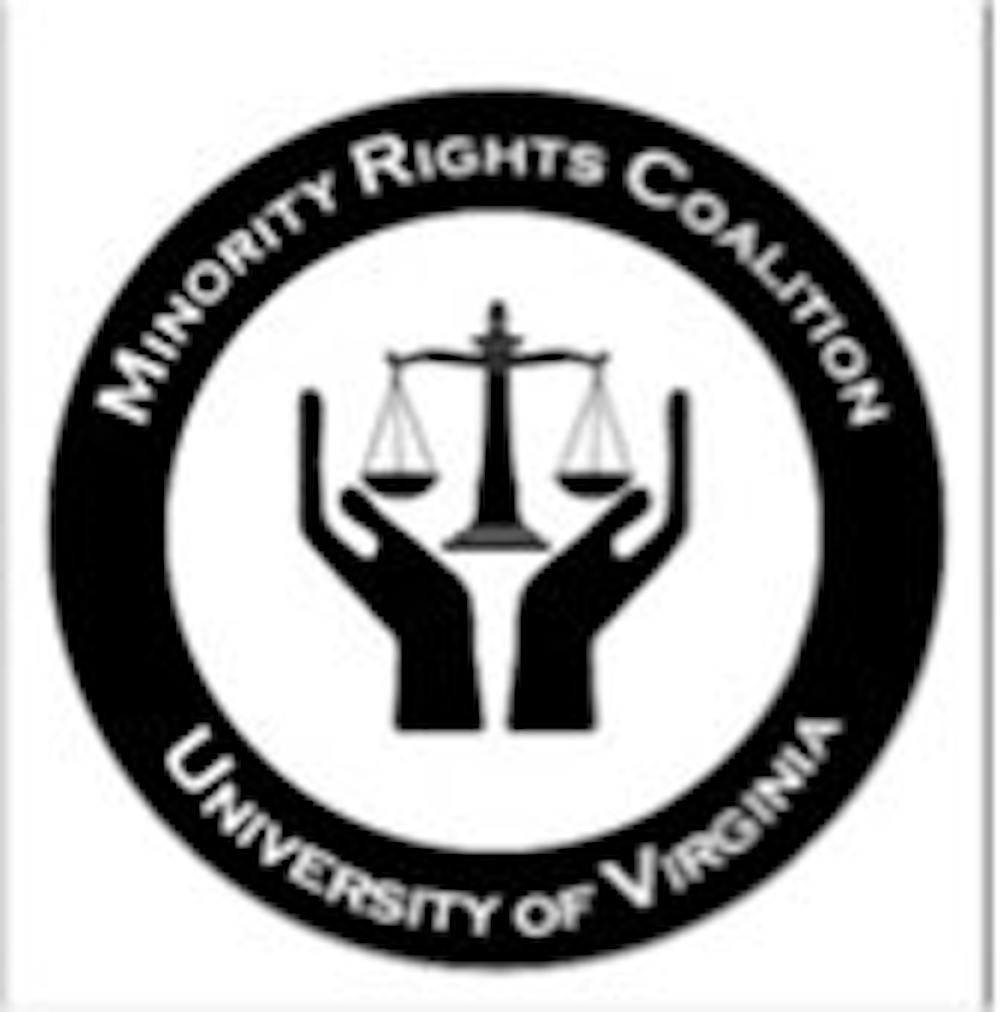The Minority Rights Coalition announced Tuesday United For Undergraduate Socioeconomic Diversity will have a representative at MRC meetings beginning March 18. UFUSED is the first to join the coalition since the Native American Student Union in 2010.
MRC Chief Publicity Officer Thomas Pilnik, a third-year College student, said UFUSED did not join the MRC earlier because it is a fairly new organization.
“One of our stipulations [for membership] is that an organization has to be functional for at least one year, or two semesters,” Pilnik said.
Unlike other organizations in the MRC, UFUSED focuses on socioeconomic diversity as opposed to racial diversity. UFUSED Support Chair Santiago Naranjo, a second-year College student, said the organization aims to unite lower income University students.
“[Our] goal is to build a sense of community amongst low income students at U.Va. and to provide a means of promoting awareness about issues of socioeconomic diversity here on Grounds,” Naranjo said.
Pilnik said UFUSED’s organization is unique at the University.
“This is a rare organization in the MRC, because socioeconomic diversity is an invisible minority,” Pilnik said.
An invisible minority refers to a minority which is not identifiable from visible or physical characteristics which define its members. The Queer Student Union is the only other such invisible minority group in MRC.
Pilnik said recognition by students, faculty and administration is one of the goals of the MRC and UFUSED going forward.
“[We are] trying to help the University understand that racial diversity isn’t the only way to measure inclusion at the University,” Pilnik said.
Pilnik said socioeconomic diversity is important to enriching University culture.
“Socioeconomic backgrounds play such a huge role in bringing in a spectrum of opinions among people at the University,” Pilnik said.
MRC President Blake Calhoun, a fourth-year College student, said the addition of the invisible minority would make MRC’s representation of the student body more comprehensive.
“The main goal of this merger was so that we can be more representative of minority groups at the University,” she said. “With UFUSED in the room with us, we will have more thoughts, more perspectives.”
Naranjo said since UFUSED encompasses a wide spectrum of people, partnering with the MRC allows them to relate to other minority groups. He also said joining the coalition allows UFUSED to better publicize its events better.
“We hope to have a bigger audience for events that we hold, and being a part of the MRC is a good way of promoting our events to people within those organizations,” Naranjo said. “What’s interesting about issues of socioeconomic diversity is that it transcends any form of sexual orientation, gender identity, racial or ethnic identity, in that anyone from any one of those organizations within the MRC could be affected by a low-income background.”
Pilnik said the MRC regards UFUSED’s objective as important for the MRC as well.
“A big goal is increasing the visibility of [UFUSED],” he said.
Pilnik said the merger is important for the two organizations but will not change the MRC’s internal operations.
“The only thing that is going to change is that we can better represent minority groups at U.Va.,” Pilnik said. “We will have a bigger impact since we have this new, excited community willing to stand with us.”







